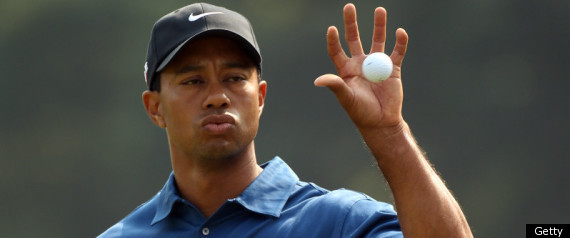

Between parts I and II of Oprah Winfrey's interview with Lance Armstrong, an ad ran on OWN that included a clip of Armstrong acknowledging losing 75 million dollars in one day due to sponsors abandoning him followed by Armstrong noting his lowest moment. The sequence suggests that Armstrong was saying his loss of millions was his lowest moment, but when the full part II ran, Armstrong, in fact, identified removing himself from LIVESTRONG as the low moment.
But the point of an ad is to tease, not reflect truth.
For many cycling enthusiasts like me, the dark underbelly of professional cycling and Armstrong have been no revelation. For the many innocent people trampled by the Armstrong stampede—such as cycling journalist Neil Browne and the well publicized Frankie and Betsy Andreu—the Armstrong confession has opened the door for some vindication of their honesty, but unlikely is that the tremendous damage done to their livelihoods can ever be repaid.
Within hours of the Armstrong interview being aired, details of a book on Armstrong's disgraceful fall were announced for a June 2013 publication, to be followed by a film.
And herein lies one thing that is receiving almost no public discussion: As long as the media, the USADA, and the public keep the gaze on Armstrong alone, the culture within which Armstrong
